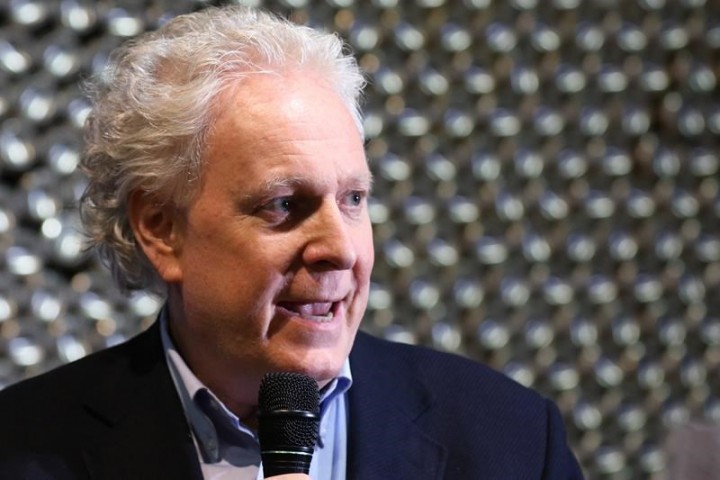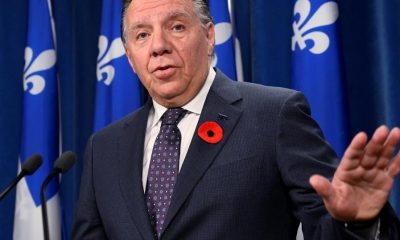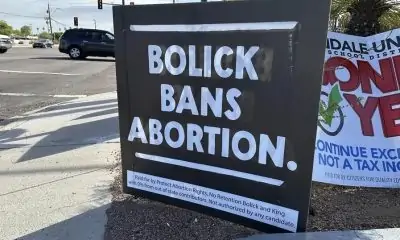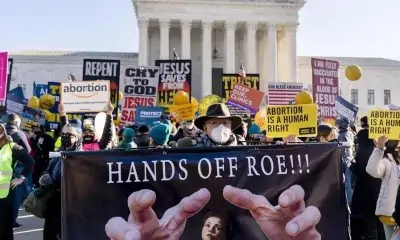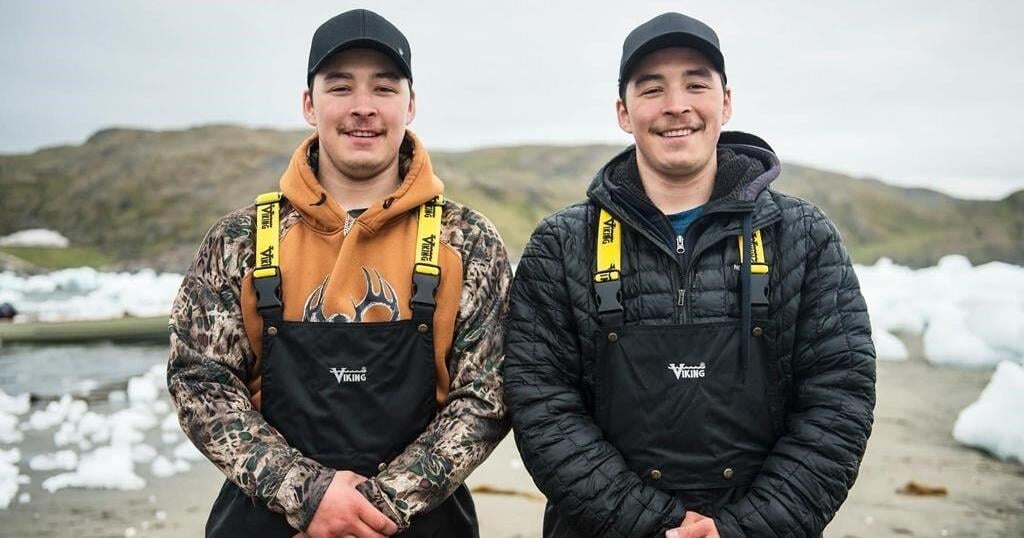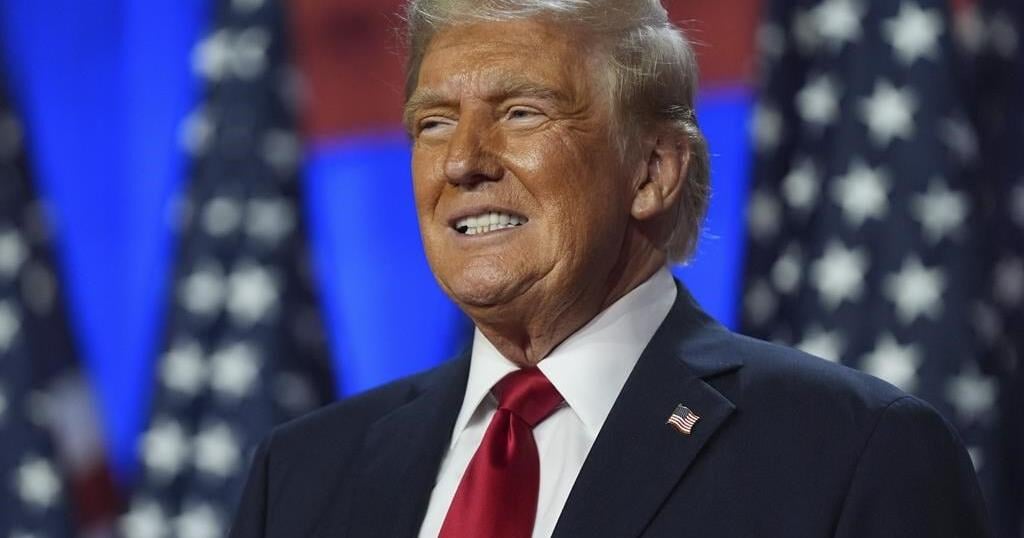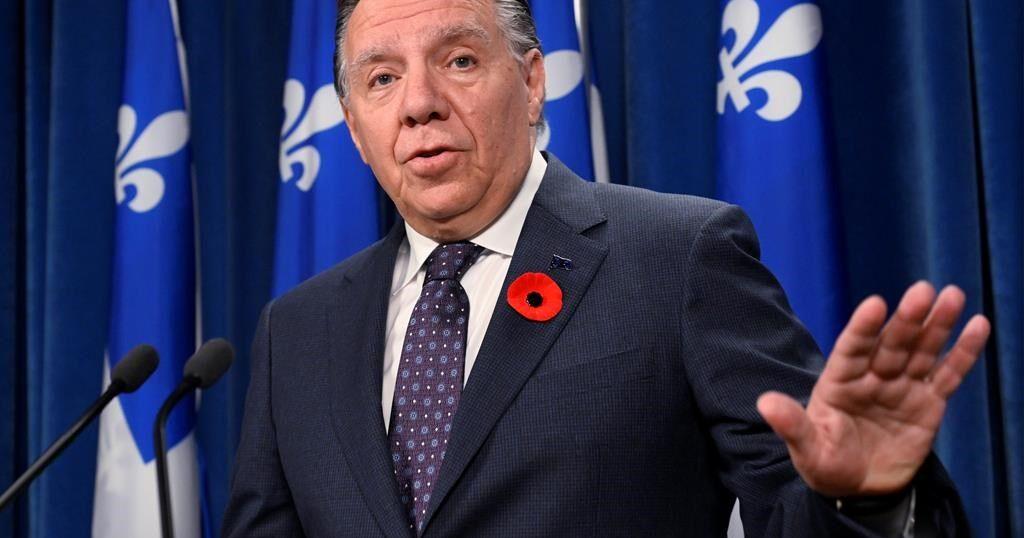OTTAWA – Canadian cabinet ministers are offering reassurances and urging calm after learning former president Donald Trump will be heading back to the White House after a campaign in which he promised punishing tariffs and mass deportations.
Prime Minister Justin Trudeau said the world is an even more complicated place than it was the first time Trump won a U.S. election in 2016, and he’s committed to working with Trump for the good of both countries.
“We’re going to make sure that this extraordinary friendship and alliance between Canada and the United States continues to be a real benefit to Canadians,” Trudeau said.
Trump staged a major political comeback, securing the necessary 270 electoral college votes to win the presidency in the early hours of Wednesday morning after a turbulent campaign that included him being convicted of 34 felonies in a hush-money scandal and surviving two assassination attempts.
Deputy Prime Minister Chrystia Freeland said she understands the anxiety some Canadians are feeling. The deep ties between the two countries bind everything from culture to economics and trade.
“A lot of Canadians were anxious throughout the night and I want to say with utter sincerity and conviction to Canadians that Canada will be fine,” she said.
That anxiety is not without merit, as questions remain about the impact of Trump’s pledge to implement 10 per cent tariffs on all imports coming into the U.S.
The Canada-U.S.-Mexico Agreement, negotiated during the first Trump presidency to replace NAFTA, is up for review in 2026, opening the door for renegotiation.
“What is really important about our economic partnership, and I believe this is at the core of what is important for President Trump and his team, is that our partnership is good for American workers,” Freeland said.
When asked about the government’s message to industries rattled by the uncertainty, Innovation Minister François-Philippe Champagne’s message was: “Let’s be calm.”
He said the Liberal government laid the groundwork during the last Trump administration and that will help protect Canadian interests. As evidence, he said members of Trump’s team were already responding to his texts Wednesday morning.
“The work that we’ve done is paying off. We have a relationship. They understand how strategically important we are in critical minerals, in semiconductors, in the energy sector. We will make the case for Canada. We made it last time,” he said.
Trump’s next presidency presents other unknowns, including how it will impact the war in Ukraine. Trump has pledged to negotiate a peace deal between Russia and Ukraine, but it is not clear how his intervention will be received.
Republicans have been highly critical of the billions of dollars in military aid the U.S. has sent to Ukraine since the full-scale Russian invasion began in February 2022.
Foreign Affairs Minister Mélanie Joly said she spoke with her Ukrainian counterpart, Andrii Sybiha, on Wednesday morning.
“Canada is a country that understands, really well, the U.S. What I’m seeing right now is many of our partners and friends are calling us to make sure that we can help them understand what is going on in the U.S.,” Joly said.
“We can help our friends go through sometimes geopolitical turbulences, but at the same time my job is to always find common ground with the U.S. and defend our interests.”
Joly added that Ukraine is fighting not just for its freedom, “but also ours.” She said Canada needs to reinforce its partnership with Ukraine, and be in strong position for continental defence.
Ukrainian President Volodymyr Zelenskyy shared a statement on X congratulating Trump, and he said the two spoke about the Ukraine-U.S. strategic partnership in September.
“I appreciate President Trump’s commitment to the ‘peace through strength’ approach in global affairs. This is exactly the principle that can practically bring just peace in Ukraine closer. I am hopeful that we will put it into action together,” Zelenskyy said.
“We look forward to an era of a strong United States of America under President Trump’s decisive leadership. We rely on continued strong bipartisan support for Ukraine in the United States.”
Conservative Leader Pierre Poilievre extended his congratulations to Trump in a statement, saying he will work with the president-elect if he becomes prime minister.
In question period, Poilievre launched into an attack on Trudeau for allowing the United States to impose buy-American policies that impact Canadian industries.
“A newly elected American president wants to take our jobs for Americans. We understand why Mr. Trump wants to take Canadian jobs, but why does our prime minister want to help him?” he asked in the House of Commons Wednesday.
Trudeau said his government defended Canadian steel and aluminum workers and supply managed industries in Canada the last time it negotiated trade with Trump and will do it again.
NDP Leader Jagmeet Singh called on Trudeau to come out clearly in opposition to potentially harmful Trump proposals like the tariff policy.
Singh said this could threaten Canadian jobs and drive up the cost of goods at home and called for Canada to work with allies to be a strong voice for peace and diplomacy abroad.
“When I say that (Trump’s) plans are going to hurt people I think about a Trump administration’s approach to Ukraine. I think about Gaza and the fact that if we saw an emboldened (Israeli Prime Minister Benjamin) Netanyahu in a campaign of violence and genocide against the people of Gaza, imagine what that’s going to be under a Trump administration, with even further supports to engage in that type of activity” Singh said.
“I’m deeply worried about what this means across the world.”
This report by The Canadian Press was first published Nov. 6, 2024.

